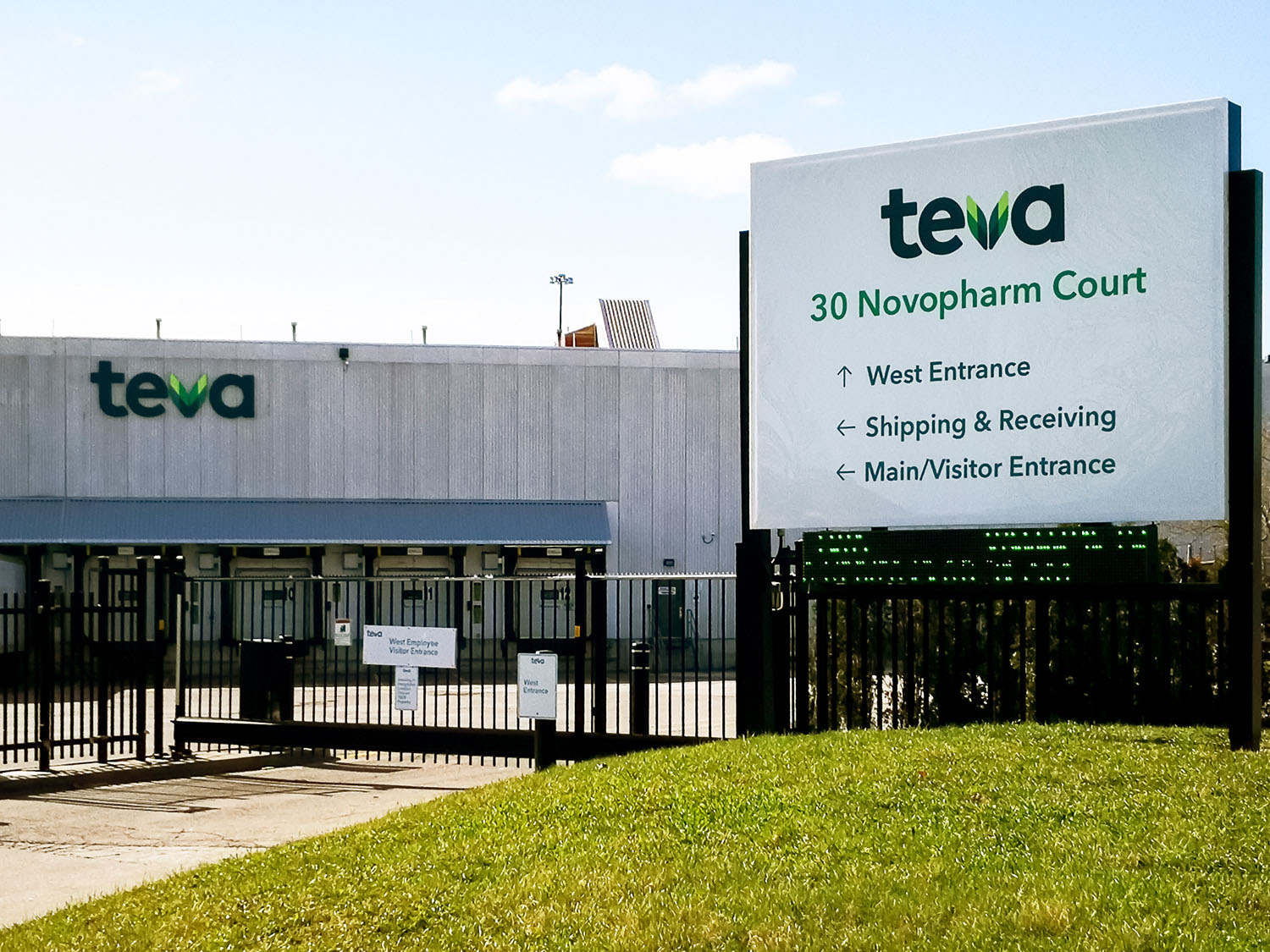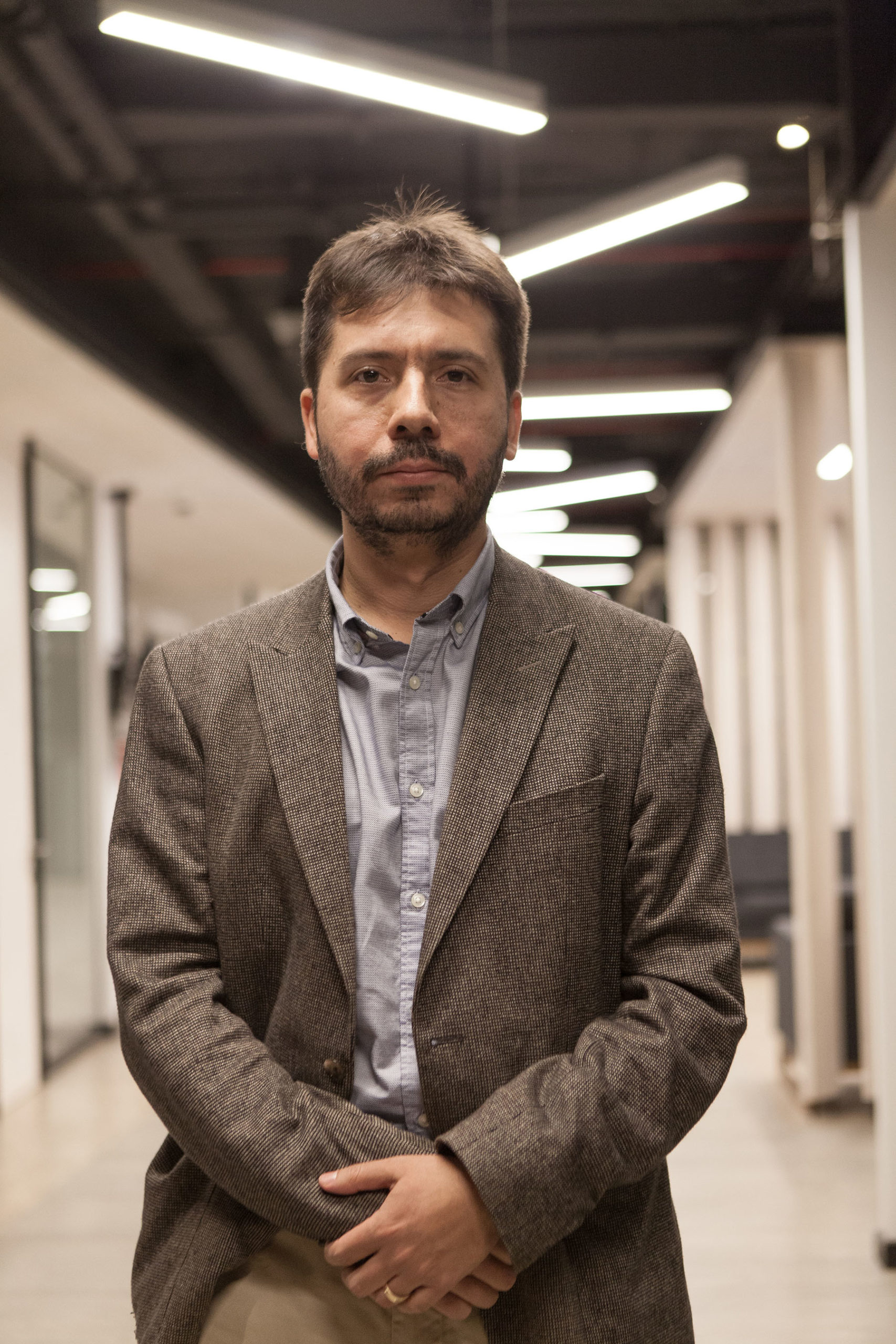Trend Setting: Nobel Prize in Chemistry Awarded to CRISPR Scientists

For the first time, the Nobel Prize in Chemistry was awarded to two women—Emmanuelle Charpentier and Jennifer A. Doudna, the sixth and seventh woman to receive the chemistry award. Together, they discovered the CRISPR/Cas9 method of gene editing which is our most precise tool yet for DNA editing. Used in research throughout molecular life sciences, CRISPR gene editing has already innovated cancer therapies and has the potential to cure inherited diseases in the future. While CRISPR has been in use for years and continues to drive innovative research, gene editing has been a topic of ethical and sociopolitical controversy.
The pair discovered the CRISPR/Cas9 genetic scissor when they made more precise incisions than ever before in the DNA strands of bacteria over the course of a few weeks, previously a more difficult and tedious process. “There is enormous power in this genetic tool, which affects us all,” Claes Gustafsson, chair of the Nobel Committee for Chemistry, said in a press release. “It has not only revolutionized basic science, but also resulted in innovative crops and will lead to ground-breaking new medical treatments.”
Doctor Docs: First-Hand Physician Perspectives on Telehealth
Decision Resources Group recently surveyed 4,855 practicing U.S. physicians to examine the impact of the COVID-19 pandemic on how they find information to inform clinical practice and how they are providing care to their patients. Not surprisingly, the annual Taking the Pulse physician survey found that COVID-19 mitigation measures have greatly increased the use of telemedicine by U.S. doctors to meet with patients as well as HCP use of digital resources to look for alternative methods to care for patients, access information, and improve their practice amid the global pandemic.
Only 20% of physicians in the survey had not provided a virtual consultation in April, May, or June, citing these reasons: possibility of diminished quality of care (49%); liability risks (44%); concerns about privacy/data security (29%); practice does not offer virtual consultations (29%); concerns about reimbursement (21%); and it’s not relevant to my specialty (21%). Of those who are providing virtual consults, 52% will probably continue to do so after COVID-19 safety measures are lifted.
As for pharma reps, by mid-July, 60% of physicians had communicated remotely (via email, phone, text, or live video) with them, and 24% had participated in remote details, to get information or answer questions about drugs. Proven effectiveness using mixed media points to the likelihood of remote communication playing a larger role in pharma-physician engagement going forward.
Med Device: Olympus Debuts AI Colonoscopy Machine
Olympus is preparing to launch an artificial intelligence-powered platform for its new endoscope, designed to automatically spot lesions and polyps during a colonoscopy in real-time. The AI algorithm identifies areas of interest whenever a lesion appears on the video screen, including potential cancers and benign tumors. ENDO-AID will be launching in Europe by the end of November and will be released in the U.S., Japan, and China shortly after regulatory approval. The company then plans to expand this technology to other screening areas, including for inspections of the esophagus, stomach, and other gastrointestinal organs.
“Especially in AI, we recognize the power of elevating endoscopic imaging to uncharted levels,” Frank Drewalowski, Head of Olympus’ Endoscopic Solutions Division, said in a statement. “Considering ENDO-AID as a first step, we are planning additional AI-powered applications for image detection and characterization—not only for colonoscopy.”
DC Dispatch: Congressional Probe Attacks Drug Price Inflators

The House Committee on Oversight and Government Reform has reviewed documents belonging to major pharma companies concerning U.S. drug price hikes and has already made hefty accusations as it waits for reps to testify.
The investigation showed Celgene raised the price for multiple myeloma drug Revlimid numerous times over the years to hit aggressive sales targets. The drugmaker has continuously blamed price increases on expensive and risky research and growing rebates to middlemen. Released in 2005 at $215 a pill, Revlimid underwent more than 20 price hikes due to sales missing aggressive internal targets, now costing $763 per pill. Evidence includes an email from Celgene’s then-Executive VP, Mark Alles, stating the company’s predicted first-quarter sales for Revlimid were “forcing me to reconsider the 2014 pricing plan” for the drug in the U.S., among other conversations.
The Committee also reported on Teva’s multiple sclerosis drug Copaxone, for which the company repeatedly raised prices for years. The report outlined Teva’s aggressive marketing tactics, lobbying against potential reform and increase in revenue each year that boosted executive salaries. The company targeted the U.S. due to the government’s inability to negotiate prices, raising prices here while it lowered certain prices in Australia, France, and Canada. After reviewing internal manufacturing expenses, the Committee concluded that Teva’s cost of goods sold for Copaxone was between 0.5% and 3% of the medicine’s net price. Between 2013 and 2018, the company’s manufacturing costs “declined significantly” while Teva raised prices.
Therapeutic Talk: A Tree That Contributes to the COVID-19 Battle

An agriculture-based COVID-19 vaccine is in development at Botanical Solution using the QS-21 compound from the Quillaja-saponaria tree. The native Chilean tree is used for many agricultural and pharmaceutical purposes, though the species is in short supply. Because of this, Gaston Salinas, CEO of Botanical Solution, originally developed a novel platform for producing Quillaja-saponaria at scale for a biofungicide, but soon realized that QS-21 is a well-known, but expensive, adjuvant for current vaccines. Now, a gram of QS-21 costs $400,000 to $500,000.
Salinas believes his company’s scalable technique could provide a better quality and lower cost coronavirus vaccine. The process is also more sustainable than harvesting from mature trees, meaning it can be produced to meet the global demand for COVID-19 vaccines.





